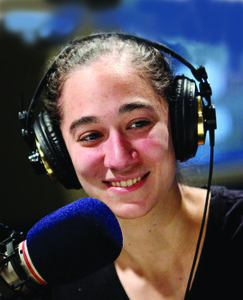
Leah Libresco – A brilliant Yale University atheist-turned-Catholic blogger is becoming a powerful witness to the faith in America today
A quote from Tom Stoppard’s play Arcadia — “It’s the best possible time to be alive, when almost everything you thought you knew is wrong” — ended the post in which atheist-turned-Catholic blogger and Yale University student Leah Libresco, then 22, announced her startling conversion to Catholicism in 2012.
The quote is emblematic of the intellectual honesty that led Leah to wrestle deeply with questions about goodness, existence and human life; she found the only satisfying answers in God, and, even less likely given her secular Jewish upbringing and heavily irreligious college milieu, in the Catholic Church.
During her sojourn through atheism, Leah pursued with special vigor theories of virtue, which began to bear the imprint of belief in a real, objective, immaterial moral order.
“Most atheists do talk as if there are universal [moral standards] which are binding on everyone. But then they say they don’t believe that, even though it impregnates all their arguments,” she comments. For her, the recognition of morality went beyond that — it even led her into the language of the spiritual, though she was not yet ready to embrace its reality. In one discussion among fellow atheists, she was asked “whether it was wrong to hate people even if you don’t harm them. Is there anything wrong with that? And I said yes, you’re callousing your soul. And they said, ‘Where do you get off using the word ‘soul’?’”
When asked about her choice of Catholicism, Leah calls the Catholic Church “the most trustworthy form of Christianity.”
“I had to figure out what virtue ethics implied,” she says, “and I wound up believing that it was the Catholic faith. Virtue ethics is a system of moral reasoning that is very focused on the changes that choices produce in the moral actor making them. The goal is for us not to do good, but to become good… Catholicism seemed to be pointed at the same end. The Catholic Church wants to help us to become Christ-like, not just to make the correct choices while remaining analytically removed from them. Humans have this unique potential to know and love the good, and to be changed as the result of that love.”
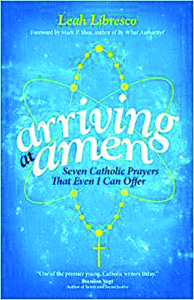
The cover of Libresco’s first book, Arriving at Amen: Seven Catholic Prayers That Even I Can Offer
In May of 2015, Leah released her first book, Arriving at Amen: Seven Catholic Prayers That Even I Can Offer. With it, she has added a new aspect to her very public embrace of Catholicism, which began, formally, when she was received into the Church on November 18, 2012 (she chose St. Augustine as her Confirmation namesake: “…the thing that spoke to me most was Augustine’s love affair with Truth. He sought after his beloved along a long and winding path, but his love and fidelity were powerful enough to give him the strength to walk away from incomplete philosophies,” she said on her blog that day).
The book is described as illuminating, more than her initial conversion story, the second part of her spiritual journey, in which she encounters God and the Faith through seven classic forms of Christian prayer: the Liturgy of the Hours, lectio divina, examen, intercessory prayer, the Rosary, confession, and the Mass.
“One prayer I struggled with was the Rosary,” she says. “I kept worrying about whether I was getting enough out of the prayer or thinking hard enough about the meditations… What helped me make peace with the prayer was thinking about my experiences learning ballroom dance… I wound up thinking of the rosary as my chance to follow a ‘basic step’ for prayer. My goal wasn’t to produce epiphanies about the lives of Christ and Mary, but to fall into God’s rhythm and to be ready to move if He led me.”
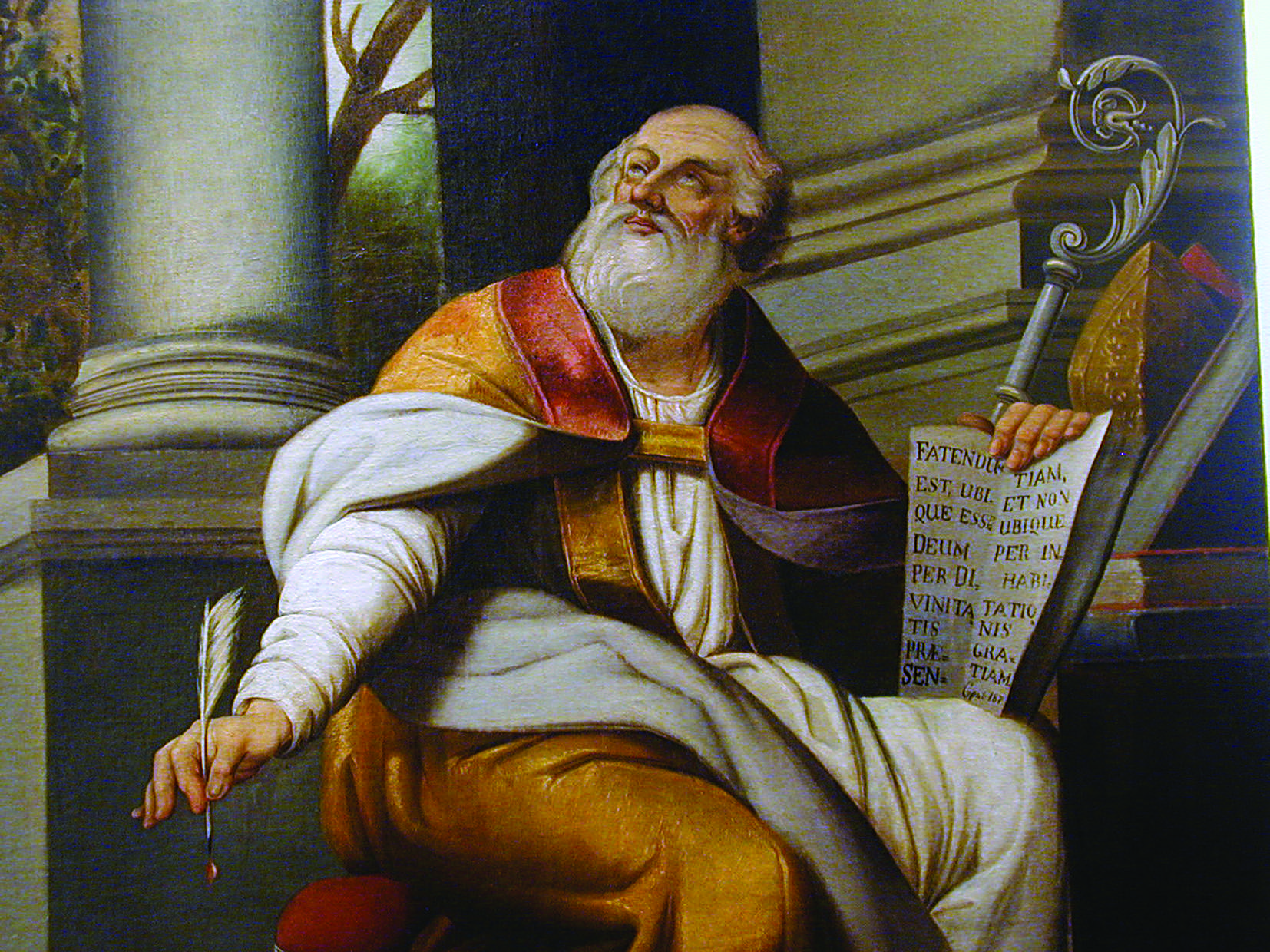
St. Augustine
But Leah is also taking her conversion into the streets.
She told in First Things of how in September she noticed a large group at an Amtrak station, heading, she discovered, for Philadelphia to see Pope Francis. Spontaneously, she asked them, “Would you like to pray a Hail Mary with me?”
“It’s usually the kind of question I only ask habited religious,” she explains, “because I figure that they’ve signed up to be bothered for prayers, but the Philly-bound group said yes… and told me they’d never gotten to pray with a stranger before…”
“Parishes that hold processions are one way to take to the dusty roads and bring our faith everywhere… As for me, after the Pope was gone for good, I put up a notice on my apartment’s bulletin board, asking if anyone wanted to pray Morning Office before work.”


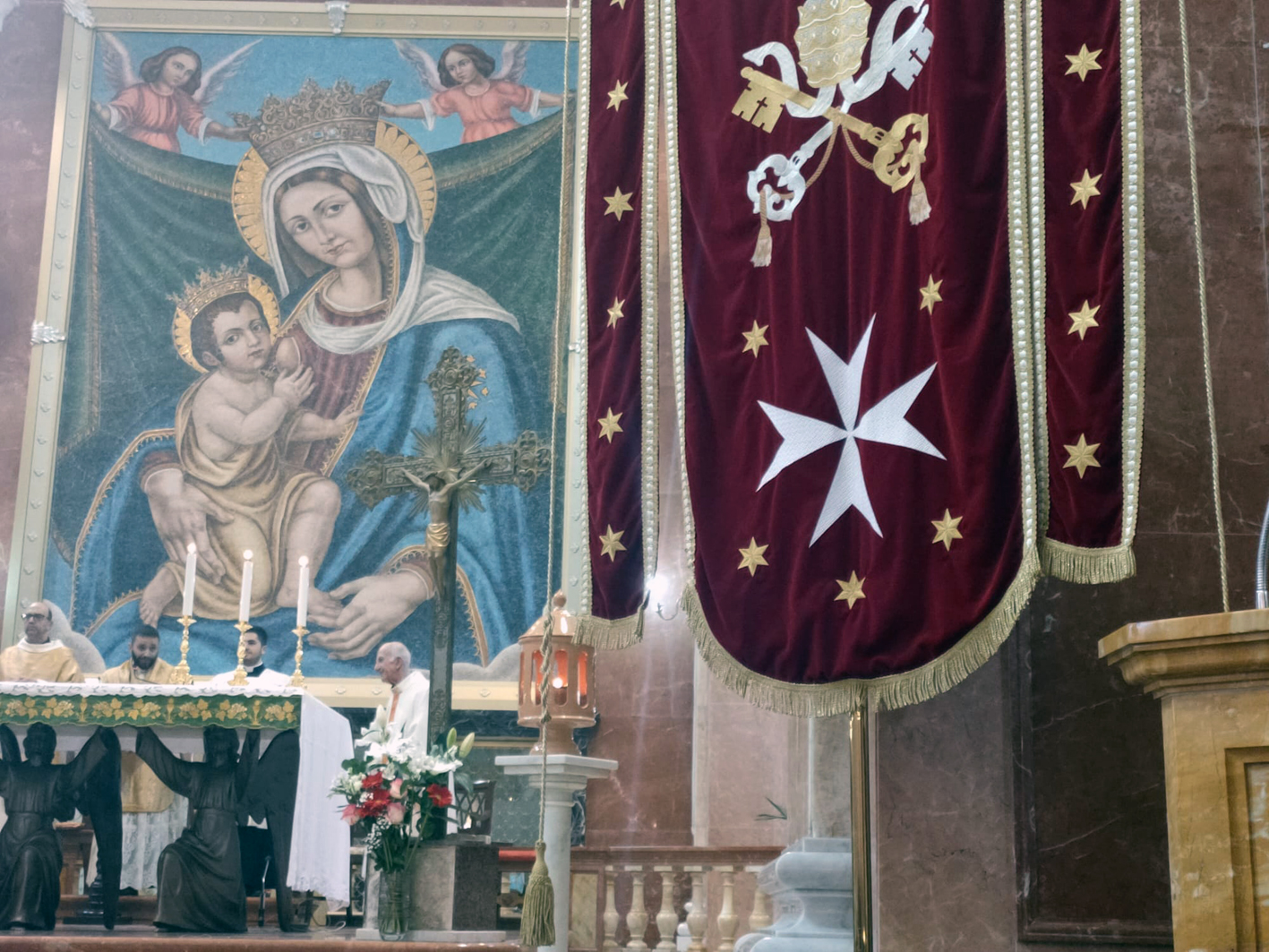
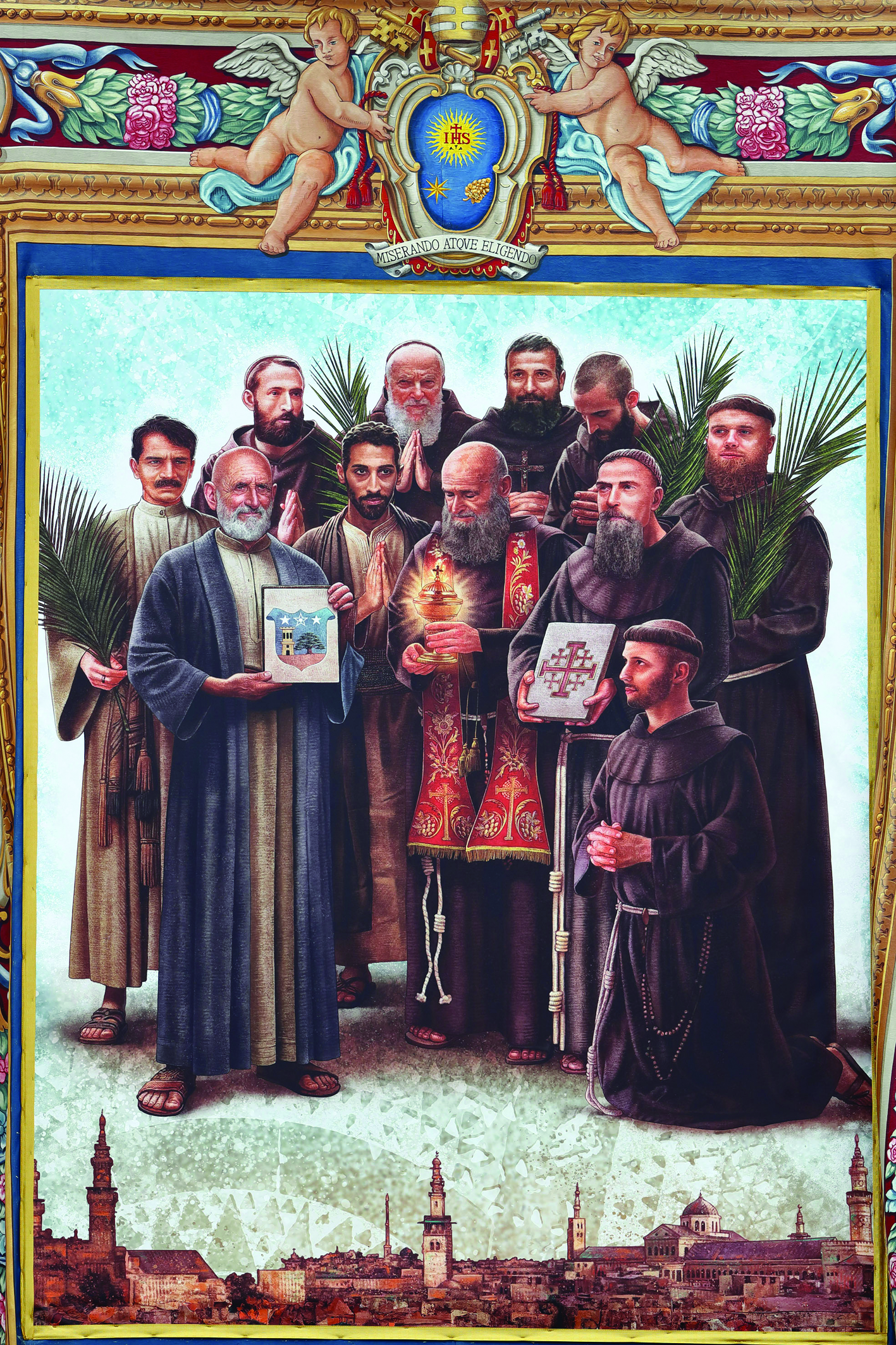
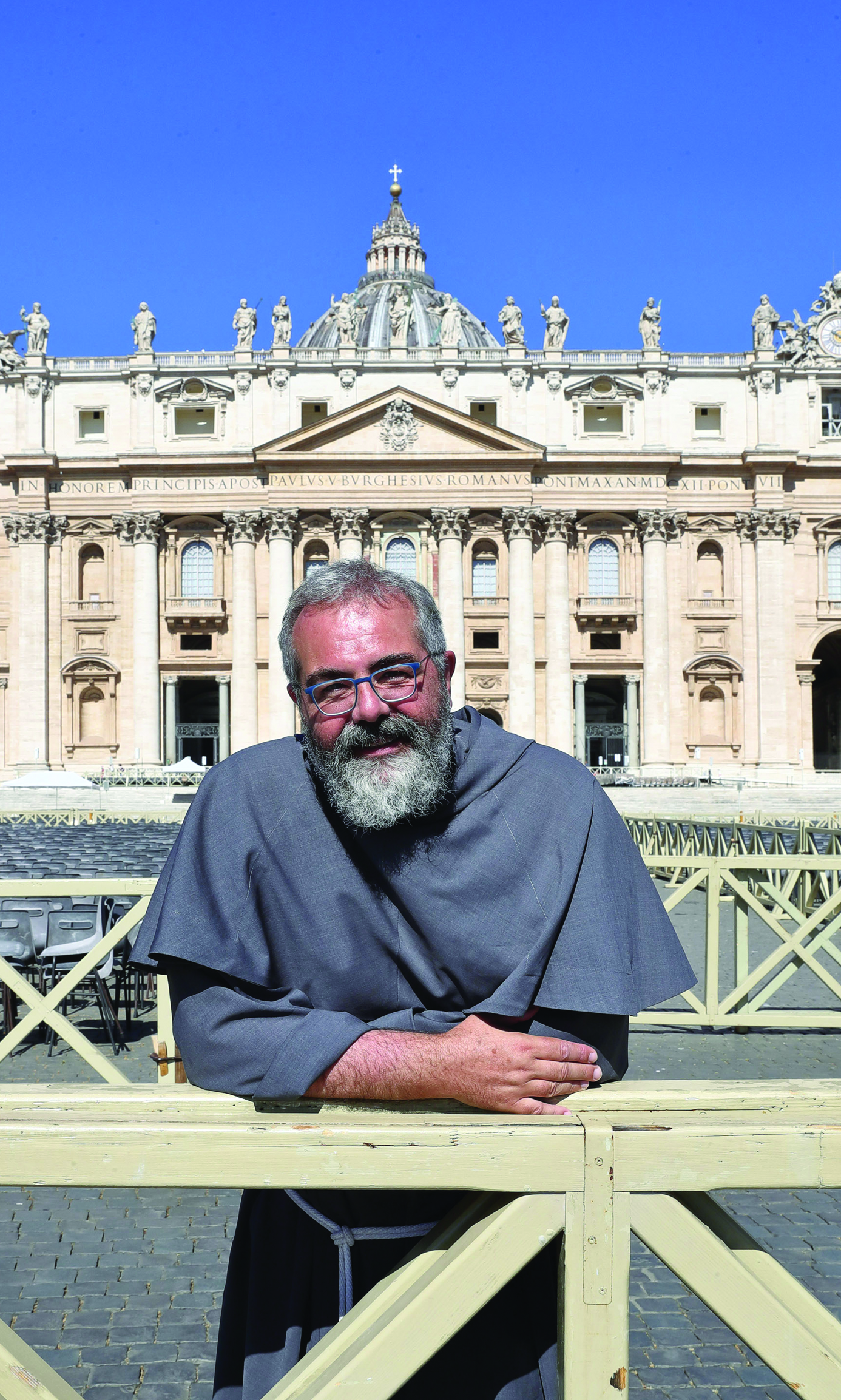

Facebook Comments